Woonsocket Prevention Coalition
Lisa Carcifero, Executive Director
Victor Ramos, Assistant Executive Director
Prevention Focus: Smoke-free living, community partnerships, prevention training
In this interview, Lisa Carcifero and Victor Ramos discuss the Woonsocket Prevention Coalition’s thriving community partnerships and approach to successful tobacco use prevention.
Woonsocket has been innovative in addressing and reducing tobacco use disparities. Can you tell us about tobacco use initiatives?
We’ve utilized Above the Influence (ATI) youth to develop community activities such as “Friday Night Fights” at a local youth boxing ring with a local boxing champion for the Great American Smokeout. In addition, ATI youth help to educate the public about the dangers of tobacco use and assist in celebrating tobacco control successes on World No Tobacco Day.
We’ve also conducted local “man on the street” surveys and key informant surveys to gather data on support for smoke-free outdoors. Additionally, we’ve worked with the Autumnfest Committee on having three smoke-free sections: KidFest, the food court and the main stage. We hope that all of Autumnfest will be smoke-free in 2013!
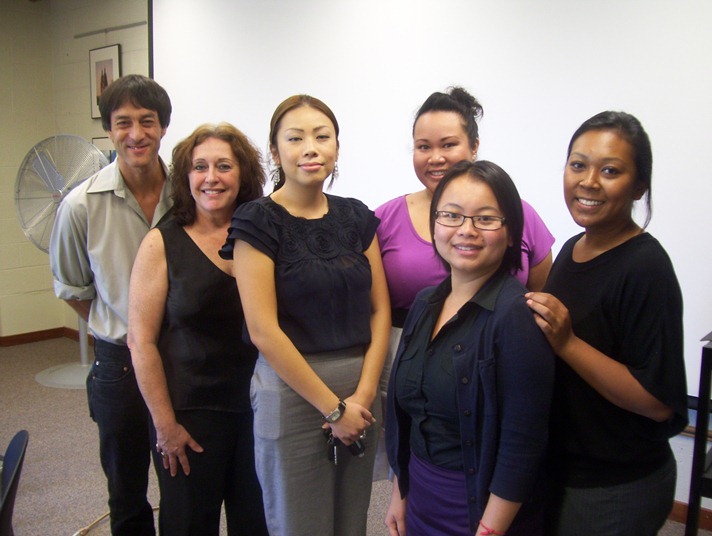
Presenters and panelists for our professional development training on Understanding Asian Cultures and our tobacco control specialist Carol Frisk.
We work to educate local community and local legislators on the benefits of clean outdoor air, and promote the creation of smoke-free parks, playgrounds, athletic and recreational fields and outdoor dining, as well as smoke-free senior housing and potential local tobacco registration. We partnered with Lincoln, North Smithfield and Cumberland Substance Abuse Prevention Task Force in conducting regional, multi-sector presentations on smoke-free outdoors and results of the local surveys.
Additionally, the Woonsocket Prevention Coalition (WPC) trains youth to conduct mock tobacco checks and local compliance checks with the Woonsocket Police Department.
Lastly, we’ve educated local legislators and community members on the benefits of increasing the tobacco tax to deter youth from buying tobacco products and to increase the number of individuals who try to quit.
Describe a thriving collaboration between the coalition and your community partners.
Through our strong subcommittee structure, the WPC is able to partner with a large number of local and statewide organizations. More specifically, the Substance Abuse Coordinating Team – Healthy Communities Committee engages local prevention, intervention, treatment providers in various fields of expertise in planning, developing and implementing collaborative prevention strategies for the community. This community also builds the capacity of community agencies through professional development, networking and cooperative grant writing.
The WPC is also a founding member of the Woonsocket After School Coalition, which brings together local organizations that provide after school services to our youth in an effort to better coordinate services and avoid duplication.
We partner with local organizations that serve senior citizens through the WPC Senior Committee in order to address alcohol, tobacco and other drugs (ATOD) and other prevention issues related to senior citizens.
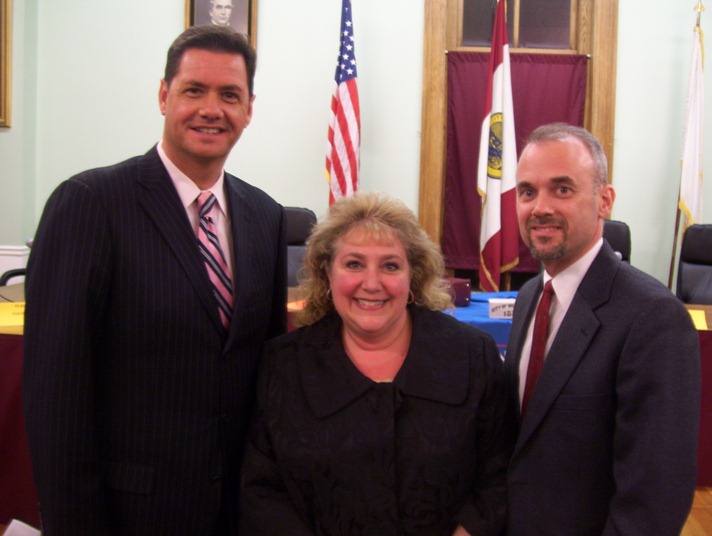
Lisa Carcifero, NBC 10 Anchor and moderator Dan Jaehnig and Woonsocket City Council Vice President Dan Gendron before WPC’s Town Hall Meeting with the U.S. Surgeon General.
We’ve expanded the “Not So Easy” campaign that partners with local alcohol and tobacco businesses and youth in an effort to recognize businesses that do not sell alcohol or tobacco to minors through an original media campaign. We are also expanding this campaign to recognize businesses that provide smoke-free outdoor dining.
We partnered recently with Beacon Charter High School on the Marijuana and Other Drugs Initiative Grant to support a new student assistance counselor, an ATI social norms campaign and classroom curricula that addresses marijuana and other drugs.
Lastly, the WPC partners with the Woonsocket Police Department on many initiatives from compliance checks, to the tip line to prescription drug drop-offs to chairing the Policy and Enforcement Committee of the WPC.
What about prevention work inspires you most?
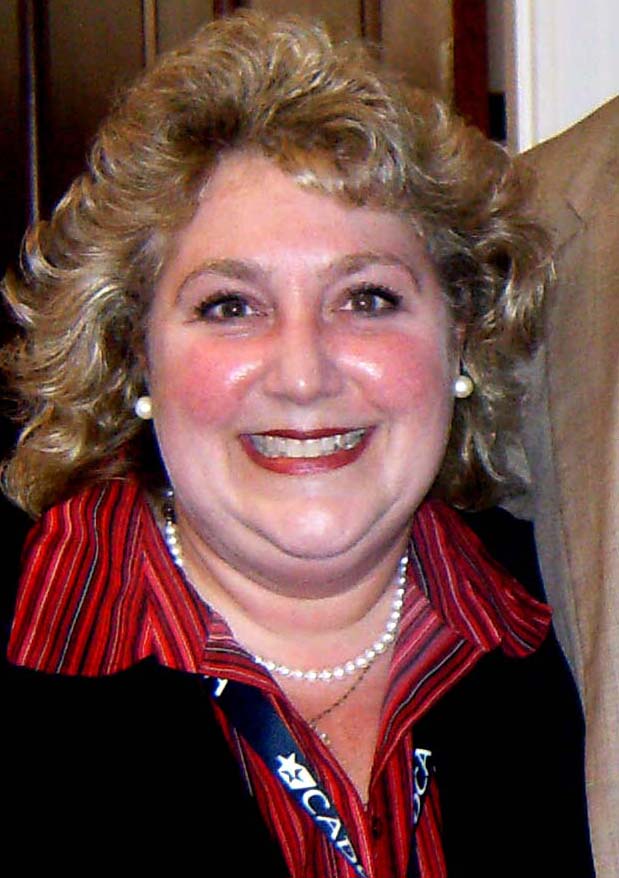 Lisa Carcifero – Coalition work is all about the relationships — building, nurturing and sustaining relationships with individuals from the many sectors in our community.
Lisa Carcifero – Coalition work is all about the relationships — building, nurturing and sustaining relationships with individuals from the many sectors in our community.
I enjoy getting to know leaders, both elected and community leaders, and providing them with information and education to be able to serve as champions in the prevention work that we do. Also, engaging and mobilizing community members is uplifting as we harness their interest and energy for positive change.
I feel such a sense of accomplishment when working with our coalition and community members to determine the best science-based approaches to utilize the strengths available in the community to combat the challenges, and then to help implement these strategies for positive outcomes.
It’s been great to see community norms shifting in a positive direction due to our efforts! At our Annual Meeting, it is rewarding to recognize individuals from our community for their significant contributions to prevention in the City of Woonsocket.
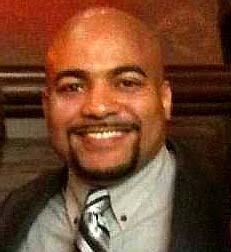 Victor Ramos – For me, prevention work can be very scary. Knowing how much work there is to do already in our struggling communities, becomes even more frightening when I attend meetings, trainings and conferences to hear about the “next drug trend.”
Victor Ramos – For me, prevention work can be very scary. Knowing how much work there is to do already in our struggling communities, becomes even more frightening when I attend meetings, trainings and conferences to hear about the “next drug trend.”
However, it’s inspiring to learn about, develop and implement strategies and watch them work their way through the community successfully. Programs like ATI and Student’s Against Destructive Decisions (SADD) or the lock-ins for youth that have changed how young people in the city see negative social norms are great examples of these successes.
The Woonsocket Prevention Coalition has evolved over the years to become a strong and effective coalition. What are some of your greatest successes?
One of our major successes is the integration of the WPC into the community fabric through the strength of the Coalition structure, members, and staff. We’ve been recognized by local agencies and the community as the “experts” on all prevention topics, including ATOD, and we are very fortunate to be invited to participate in many collaborative efforts with other local organizations/agencies.
We completed a six-month strategic planning process to develop a Three Year Comprehensive Community Prevention Plan, “Planning for the Future VI.”. This plan addresses prevention in its broadest sense, by promoting substance use/abuse, violence, and tobacco-free living, mental and emotional well-being, exercise, healthy eating, and reproductive health.
We have also developed original media campaigns presented via outdoor billboards, bus transit shelters, radio, print media, and a television commercial, to inform, educate, and change community norms. We expanded our Objective 8 Youth Committee to incorporate ATI efforts and media campaigns. This enhancement included a city-wide freeze-mob kick-off, as well as radio, YouTube, Facebook, Twitter and Instagram marketing strategies.
We also received the first Community Agency of the Year award from the Woonsocket Police Department.
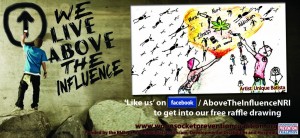
ATI billboard developed as part of a campaign to showcase local youth talent and acceptance to live above the influence.
What are some of the emerging prevention issues being addressed currently by your coalition?
We are currently responding to the issues of prescription drug abuse, synthetic marijuana, bath salts, “Molly”, increasing heroin use in Woonsocket, opiates and increasing opiate overdoses, as well as promoting smoke-free outdoors and encouraging active living and healthy eating.
Additionally, we presented at CADCA’s (Community Anti-Drug Coalitions of America) Annual National Conference in February 2013, and we have given professional development trainings on a broad range of topics related to cultural and racial competency, ethics, emerging drug trends, environmental strategies, suicide prevention, working with youth and internet safety.

